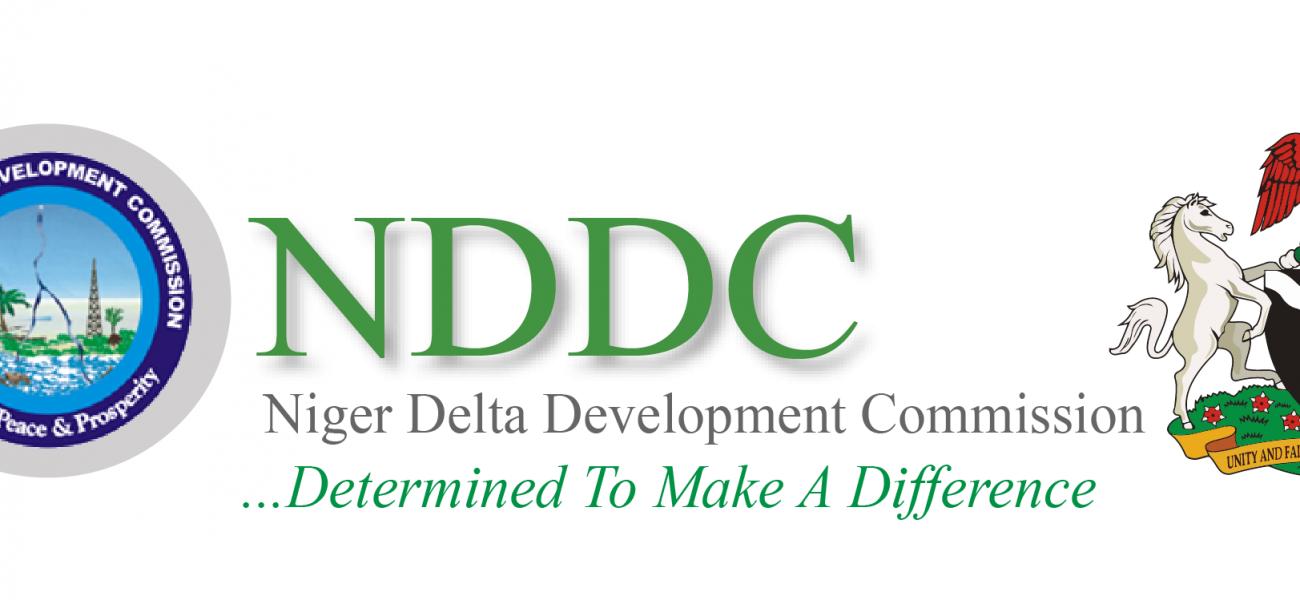The Niger Delta Development Commission (NDDC) appears to be the table where States are now scrambling for a seat. Presently comprised of nine States, three more States are jostling to be included as part of NDDC. A bill in the Senate seeks to amend the NDDC Act 2000, to include Lagos, Ogun and Bauchi States. It is sponsored by Senator Olamilekan Adeola (APC: Lagos). The bill has however stirred vehement reactions from current NDDC States.
Justifying the bill, its sponsor, Senator Adeola, stated that the bill is motivated by the fact that the three States have attained the status of oil producing States following the discovery of crude oil in their domains. In his lead debate, Senator Adeola stated that the idea of proposing the three States is to ensure that they benefit from funds available to oil producing States. The bill is however being resisted with the main arguments against it being that none of these States have proximate nexus with the concept of NDDC. They also argue that the bill contradicts the exclusivity of the Niger Delta region which is founded on the basis of geography and the history of degradation of the region as a result of exploratory and production activities of oil companies. Currently NDDC States enjoy 13% oil revenue derivation payments. A pertinent question remains as to if these new arrivals to the ‘oil producing’ business are merely exploring or now producing oil in commercially viable quantity.
The NDDC was initially established to address development in oil producing States, including issues of environmental degradation arising from oil exploration and production activities. However, the Commission’s activities have been characterised by lack of transparency, non-performance and fraught with allegations of financial misappropriations, all of which impede on the purpose and projected impact of its establishment. In spite of these, some State governments appear more interested in partaking of what has remained a huge portion of Nigeria’s ‘national cake’ over several decades.
It would seem that successive government administrations have only been paying lip service to the much discussed topic of economic diversification. The Nigerian government is still largely focused on oil exploration and production in an era when nations are investing in research for sustainable energy and pursuing initiatives to address global warming, to which the use of fossil fuel is a main contributor. Furthermore, the Nigerian oil industry requires a major rejig to address the festering issues of fuel subsidy and refineries. It is expected that the Petroleum Industry Act touted by industry experts as a game changer will reposition oil production and supply of refined products in the most beneficial way for the country and its citizens. However, this does not take away the need to explore the potential of the large deposits of Nigeria’s several other natural resources, in line with global developments.

